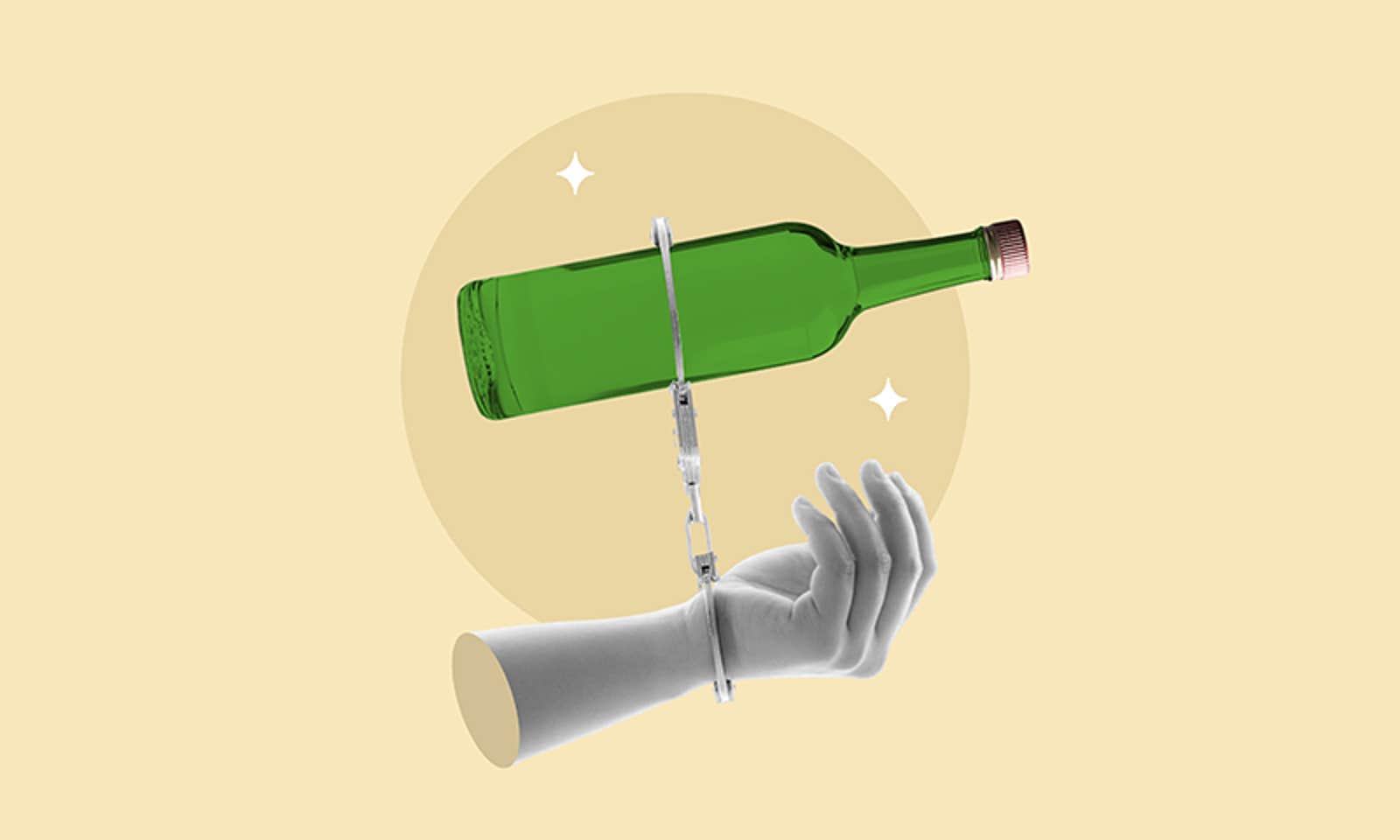Some people can really hold their liquor. Even after a night of heavy drinking, they don’t get sauced or lose control. Others are more immediately sensitive to the inebriating effects of booze, slurring their words or losing balance after just a couple of drinks. How a person responds to pints and spirits can shape their vulnerability to alcohol dependence.
Many factors play a role in alcohol sensitivity, including a person’s body composition, variation in alcohol metabolism enzymes, and whether they have built up a tolerance. Now, researchers have found new evidence that a gene known as CHRNA3, a nervous system regulator that is found across a wide range of animals, from roundworms to humans, may also help to determine how an organism responds to alcohol.
The researchers looked at juvenile zebrafish in the lab, giving them the option to self-administer alcohol. For some of the zebrafish, at low concentrations, alcohol had a sedative effect, reducing anxiety-like behaviors. But at higher doses, these fish began swimming in an uncoordinated fashion. Within minutes, their initial attraction to alcohol gave way to aversion.
Things were different for fish with a mutation in their CHRNA3 gene: The sedative effects were muted even at higher doses. Instead, these fish seemed to behave in increasingly gregarious ways, and they continued to tipple, seeking out alcohol at every opportunity.
The team of researchers published their findings in the Journal of Neuroscience, and say their study provides experimental evidence for a link that had already been reported in human genetic studies between the CHRNA3 gene and alcohol sensitivity. (CHRNA3 has also been associated with nicotine addiction in humans.)
“What we have learned over the past decade is that the heritability of addiction … has both general and substance-specific factors,” writes study author Ajay Mathuru, a professor of physiology at the National University of Singapore, in an email to Nautilus. “This study provides direct functional evidence that CHRNA3 modulates alcohol sensitivity (here in zebrafish), thereby isolating one gene’s contribution to a defined phenotype.” Individual humans with alcohol addiction may each have a different set of genes that play a role in that behavior, he says, which will inform the kind of intervention that is best.
Next the team aims to analyze different variants of CHRNA3 in humans and see how they correlate to differences in alcohol sensitivity. What they learn could help identify people who have specific vulnerabilities to addiction and dependence—and head off trouble before it staggers through the door. ![]()
Enjoying Nautilus? Subscribe to our free newsletter.
Lead image: N Universe / Shutterstock
































